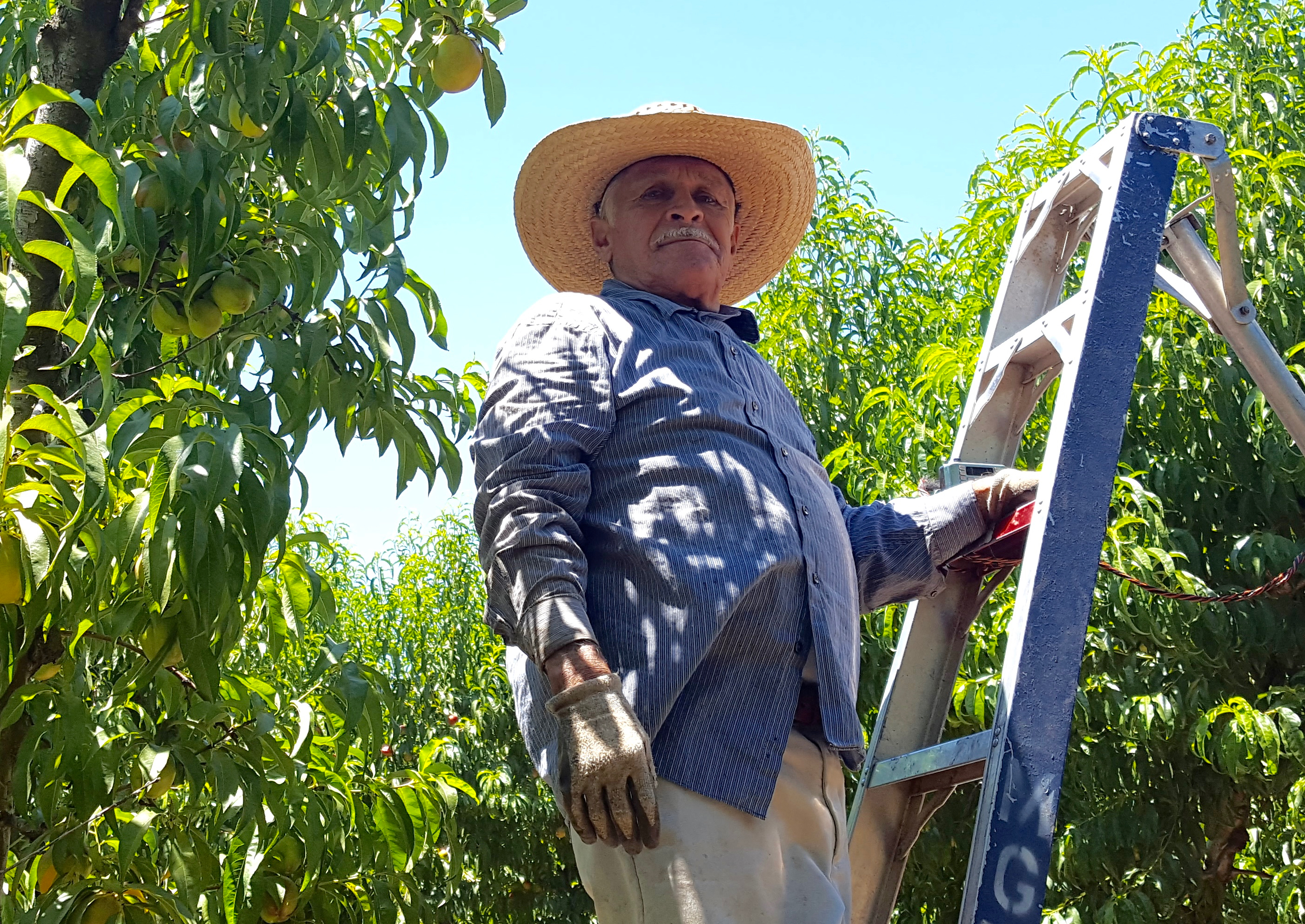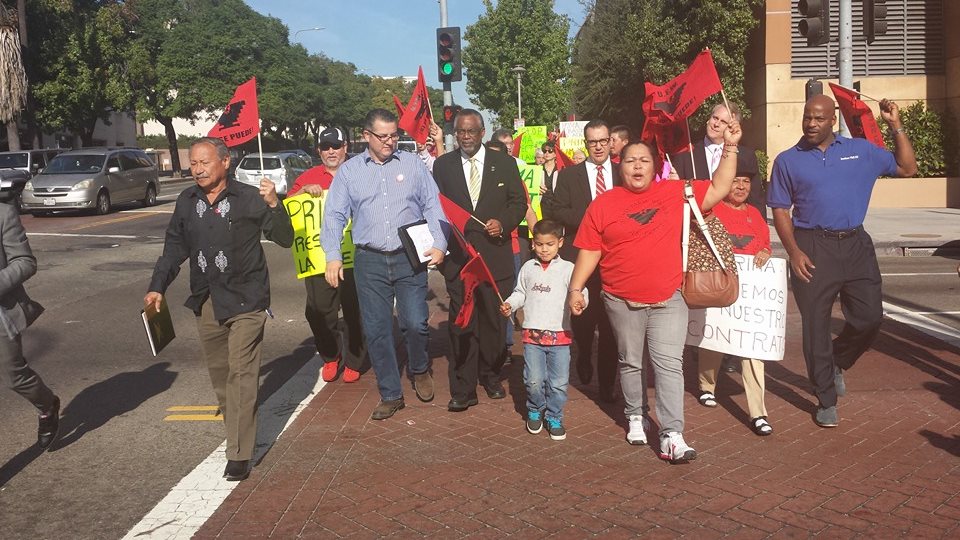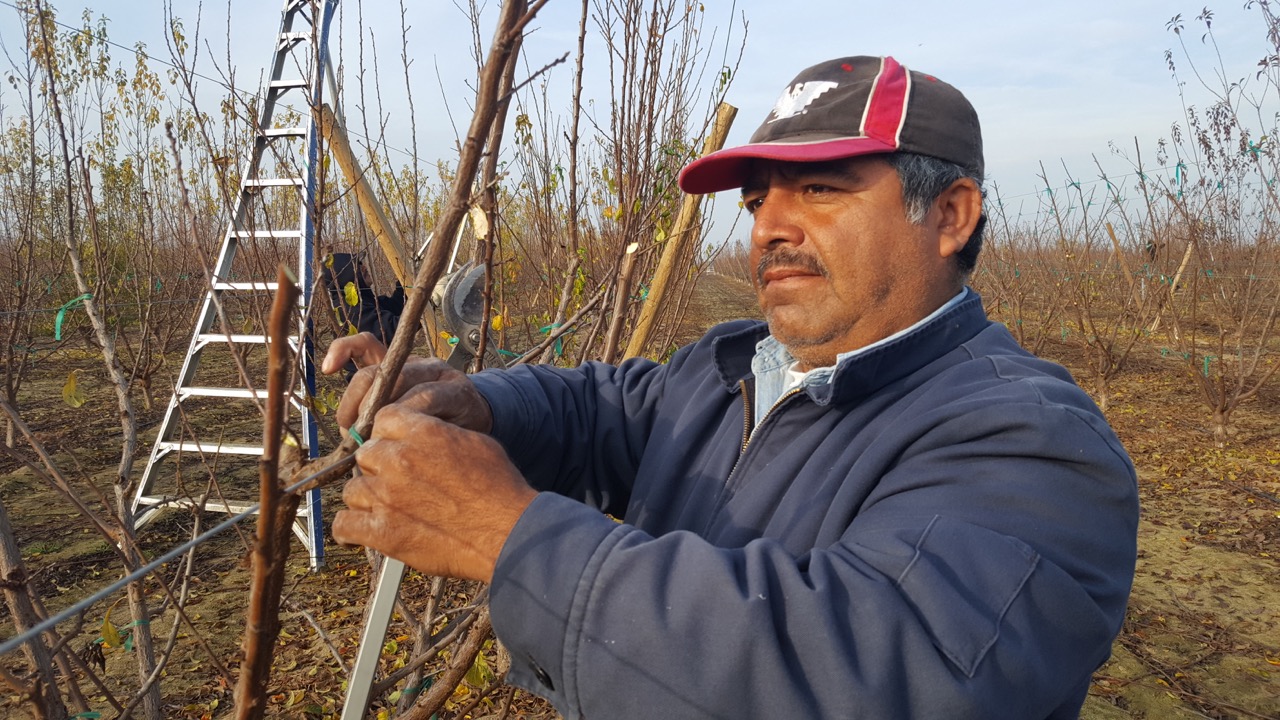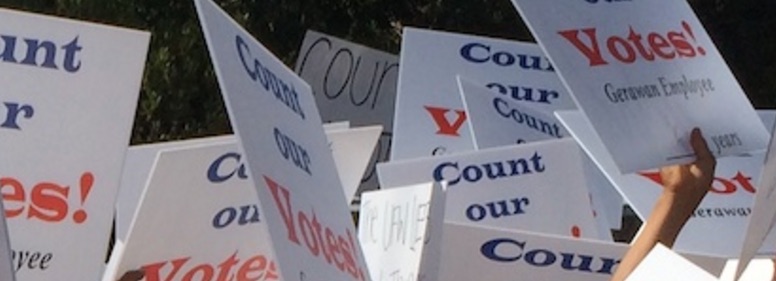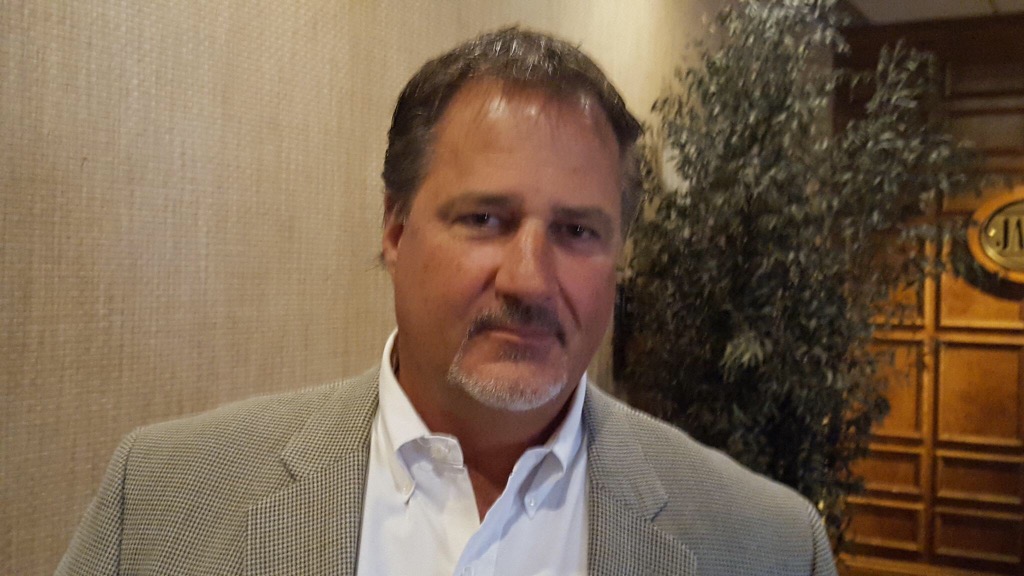Who Safeguards CA Farm Workers’ Rights? Part 6 – Facts vs. PR
Refuting the Absurdities of UFW’s Press Release – Setting the Record Straight
The following document, “Refuting the Absurdities of UFW’s Press Release – Setting the Record Straight” is a detailed response by Gerawan Farming, Inc. to a recent UFW press release.








